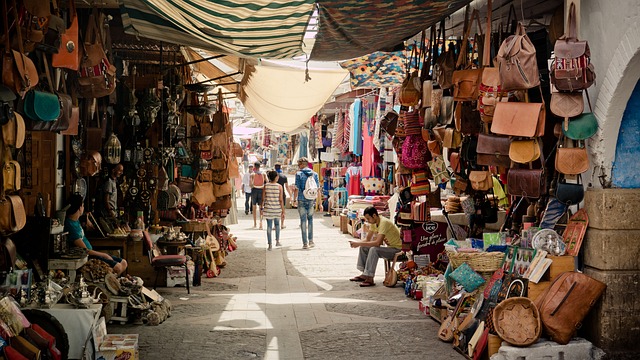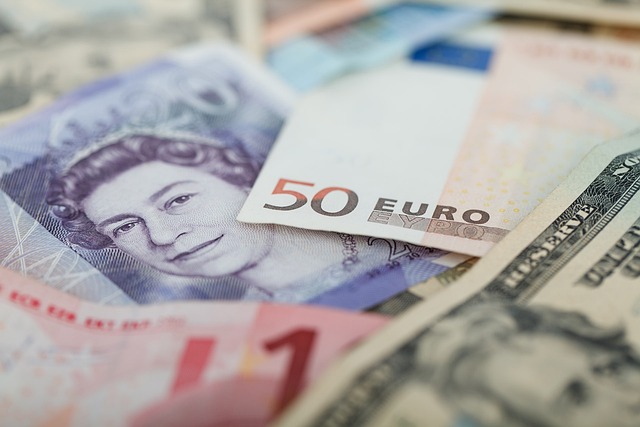Masculine & feminine nouns
The rule: In general, in Moroccan Arabic (Darija), the feminine nouns end with an “a” and the masculine nouns don’t.
Examples:
Feminine nouns: mdrasa
(school), tbla
(table), tomobeela
(car), Haaja
(thing), etc.
Masculine nouns: steelo
(pen), kelb
(dog), raas
(head), korsee
(chair), etc.
Iregular feminine nouns
There are a few feminine nouns that don’t follow the rule. Here is a list of the most common exceptions:
dar
(house)
tomobeel
(car)
beet
(room)
shms
(sun)
blaad
(country)
rjl
(foot)
qaliti
(quality)
krch
(stomach)
triq
(way, road)
Twaalet
(toilet)
Hayaat
(life)
Collective, singular and plural noun forms
Most nouns are either singular or plural, but some nouns in Moroccan Arabic, (especially animals and food) have a collective form.
For example, «khobz» is the general/collective noun for “bread” and we can use it when we don’t talk about the amount/number. But when we talk about one (loaf of) bread, we use the word «khobza
», and when we talk about a number of (loaves of) bread, we use the word «khobzaat
».
I want some bread bgheet lkhobz
I want a loaf of bread bgheet khobza / bgheet waaHd lkhobza
I want two loaves of bread bgheet jooj khobzaat
Here are some more examples:
| Collective (without number) | Singular (1) | Plural (2,3,4,etc.) |
|---|---|---|
khobz(some bread) | khobza(loaf of bread) | khobzaat(loaves of bread) |
djaaj(some chicken/chickens) | djaaja(a chicken) | djaajaat(chickens) |
mch(some cats) | mcha(a cat) | mchaat(cats) |
maaz(some goats) | maaza(a goat) | maazaat(goats) |
tmer(some dates) | tmera(a date) | tmeraat(dates) |
fromaaj(some cheese) | fromaaja(piece/triangle of cheese) | fromaajaat(pieces/trianges of cheese) |




